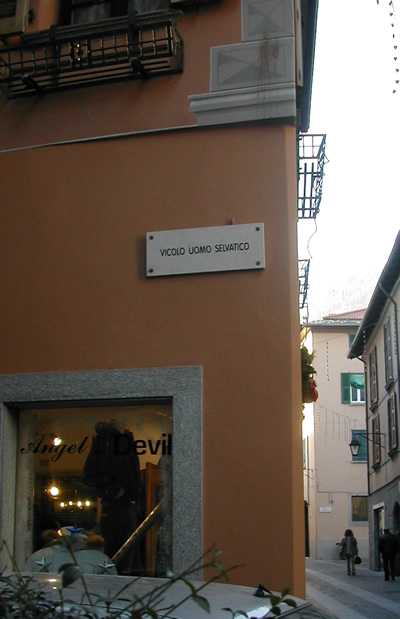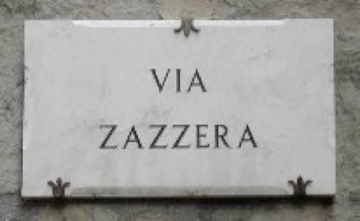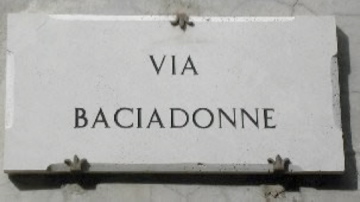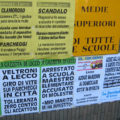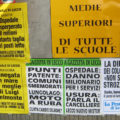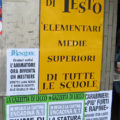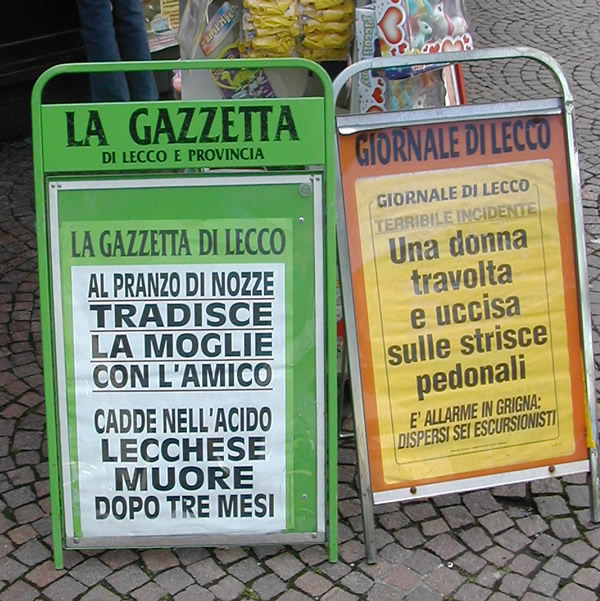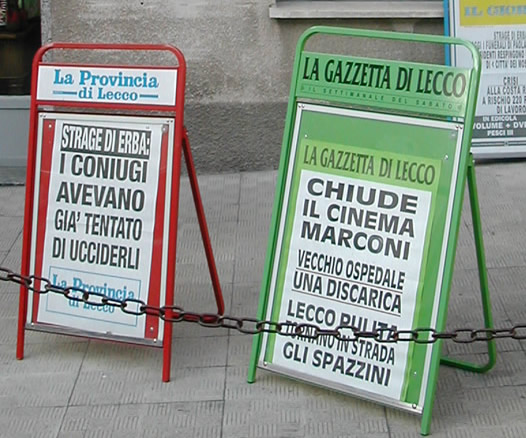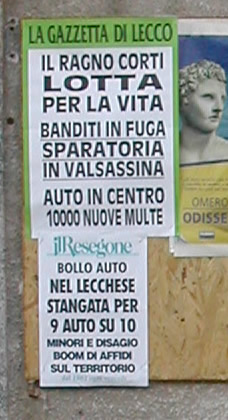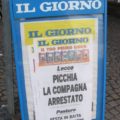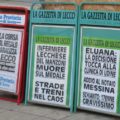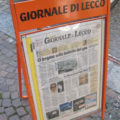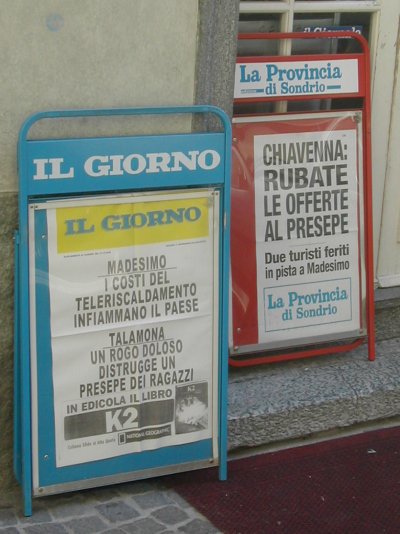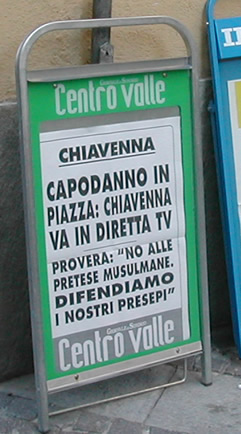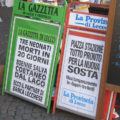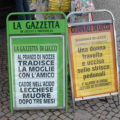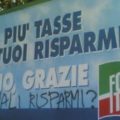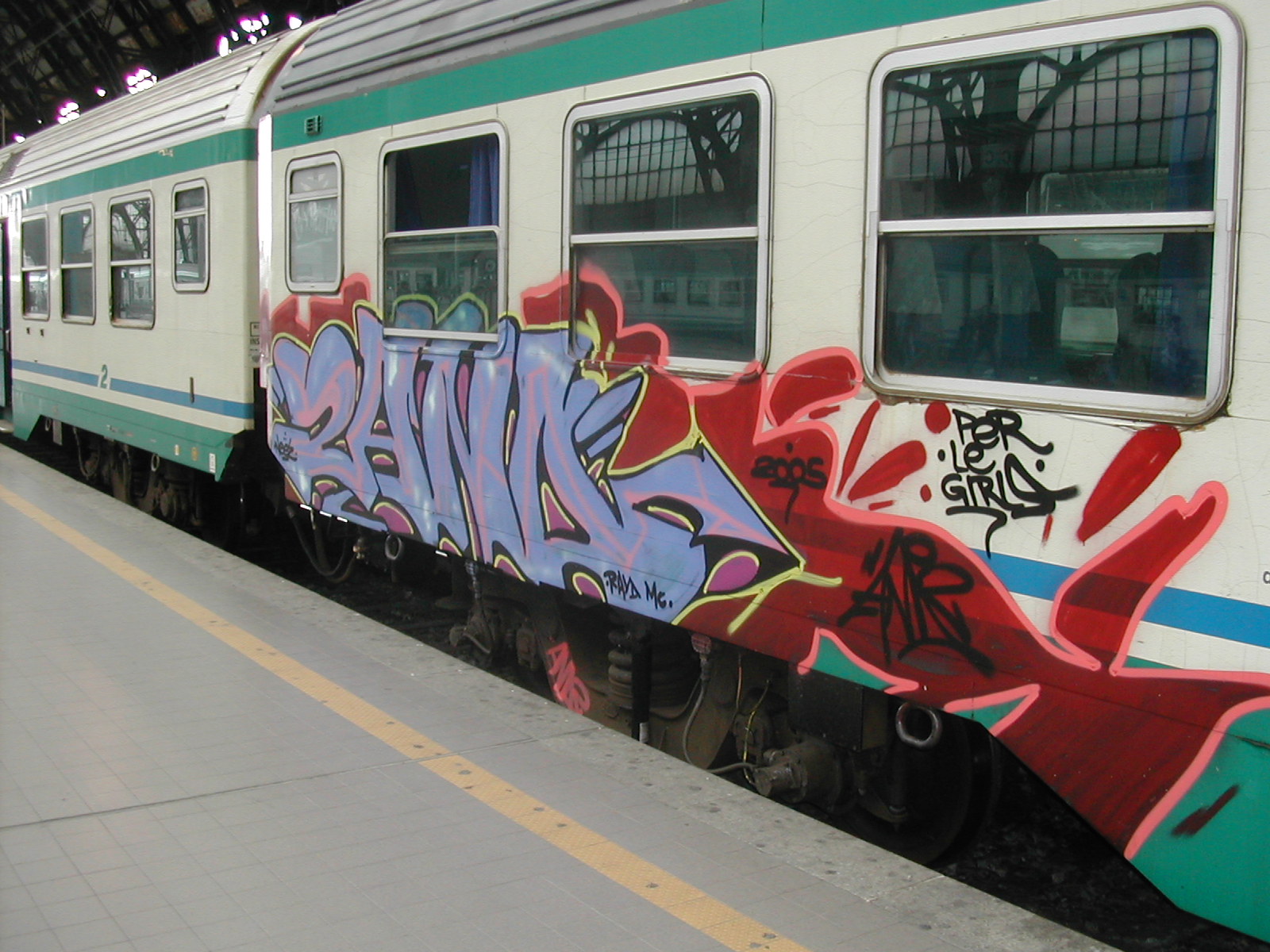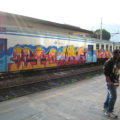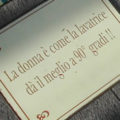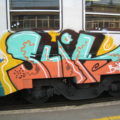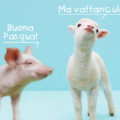above: “Wild man alley” – with a shop called Angel Devil on the corner. Chiavenna
The US is full of streets named after trees, or simply called “Main,” or given numbers or letters. Washington DC is built on a grid of numbers and letters of the alphabet. I won’t even attempt to explain Salt Lake City. These two schemes reflect an extreme tidiness of mind, but have the disadvantage that they’re easy to mix up or mis-type, no doubt causing the postal service all kinds of headaches.
Italian street names can be repetitive, but at least they’re not boring. They generally fall into two major categories: history and geography. Geographic names can be of towns or geographic features in Italy or in other countries; Milan has a Corso Buenos Aires and a Piazza Lima, every town in Italy has a via Roma and probably a via Milano. There are also streets named after important dates, such as Piazza XXV Aprile, commemorating the official day that Italy was liberated from the Nazis. (In these cases, the date is always given in Roman numerals, which are also used in print to refer to centuries.)
Don’t look for Italian street signs stuck up on a pole on the corner, as you see in the US. In the cities, street signs are marble plaques cemented to the corners of buildings. When the street is named for a person, the plaque often includes his dates of birth and death and what he was famous for, so you can have a history lesson just walking around. Somehow it had never occurred to me that the Falloppian tubes were named for somebody, until I saw a street sign with the name Antonio Falloppio and the tag “anatomist.”
The historical figures named run the gamut from ancient Rome to Aldo Moro, but most of them are men. The few women I’ve noticed are queens, saints, and Maria Montessori (whose image was also on the last 1000-lire note).
The older streets nearer the city centers are generally named for older historic figures. The further you get out into the suburbs, the more modern the names, including some non-Italians. There is a via Washington in Milan, and I have seen several via Kennedys in various towns, and even a via Fratelli Kennedy (Kennedy brothers). Still further out in expanding city suburbs, recently-created streets have been named for Gandhi and Salvatore Allende.
Some streets are named for items of strictly local importance. Lecco’s most famous son was Alessandro Manzoni, author of I Promessi Sposi (The Betrothed), considered the first modern Italian novel. So in Lecco proper we have a Piazza Manzoni and Ospedale Manzoni, and every town in the province of Lecco seems to have streets named for his characters: Renzo, Lucia, i Bravi, Don Abbondio…
Funny Italian Street Signs
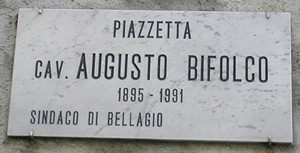
This piazzetta in Bellagio honors a former mayor, whose name”Bifolco” literally means “peasant”, but also carries the connotation of “yokel” or “bumpkin.” Evidently the man outshone his name, being named a Cavaliere (knight, an honorific title nowadays), as well as elected mayor.
I’ve found unusual street names in the historical parts of some towns:
Viterbo
^ “Mane,” in the sense of a big head of hair.
“Kiss(es) Women”
Pitigliano
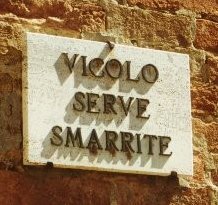
“Street of the Lost Maidservants.” ???
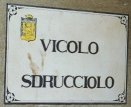
“Slippery Lane”
Volterra
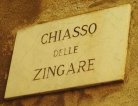
“Narrow Alley of the Gypsy Women.” I was misled by this at first, because in modern Italian chiasso means “noise,” but a reader corrected me.
Pienza
And here’s an interesting sequence (yes, these streets actually are adjacent to each other).
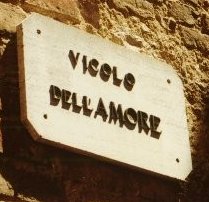
First comes love..
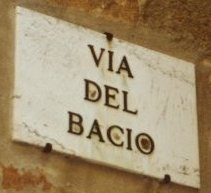
…then a kiss…
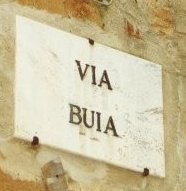
…and over the rest we draw a veil of darkness…
What’s the funniest street name you’ve ever seen (anywhere)?

